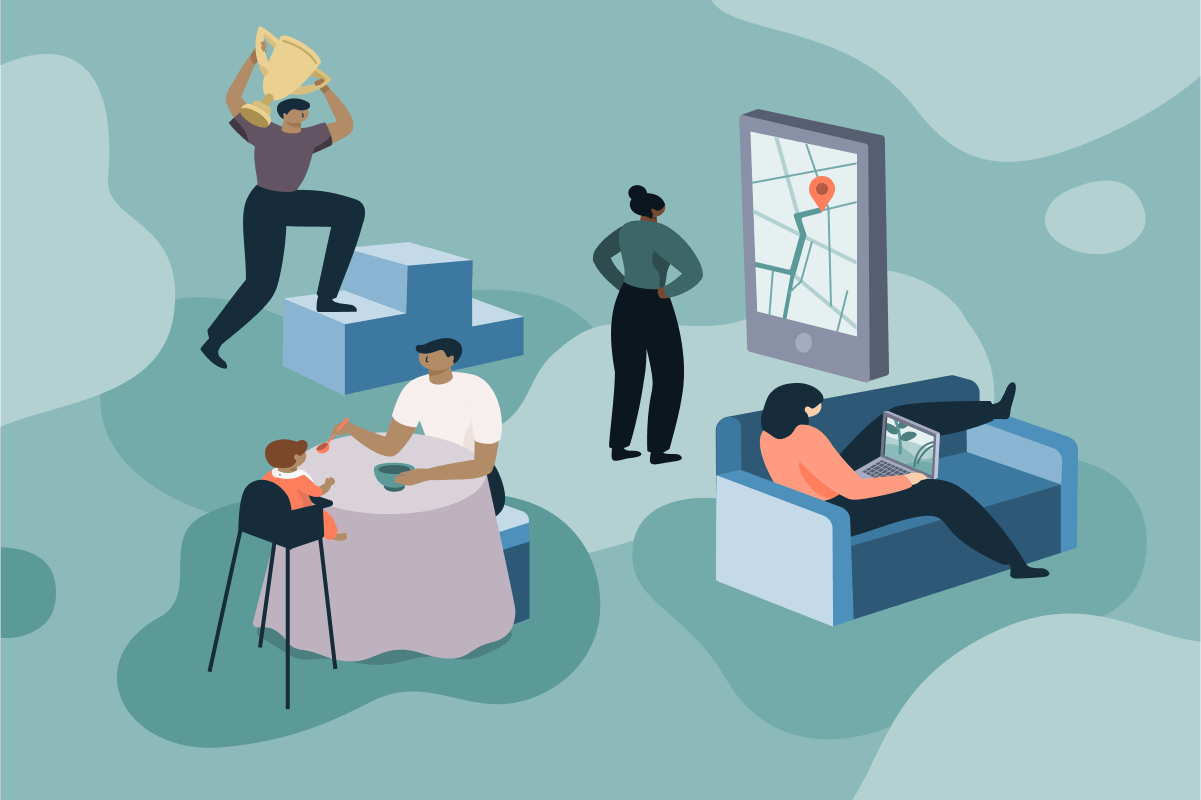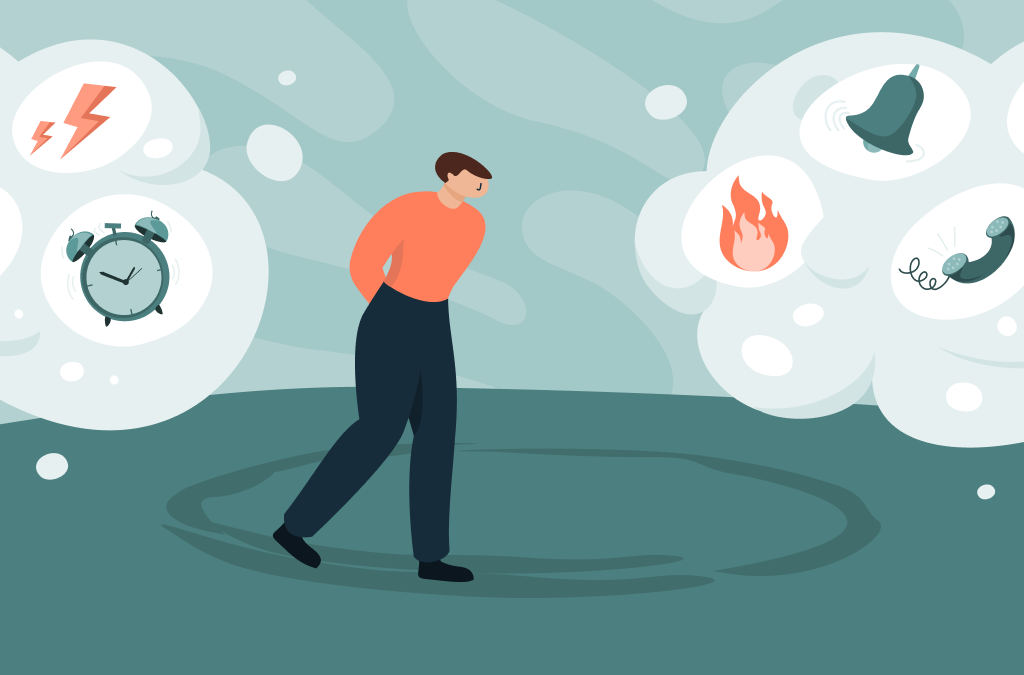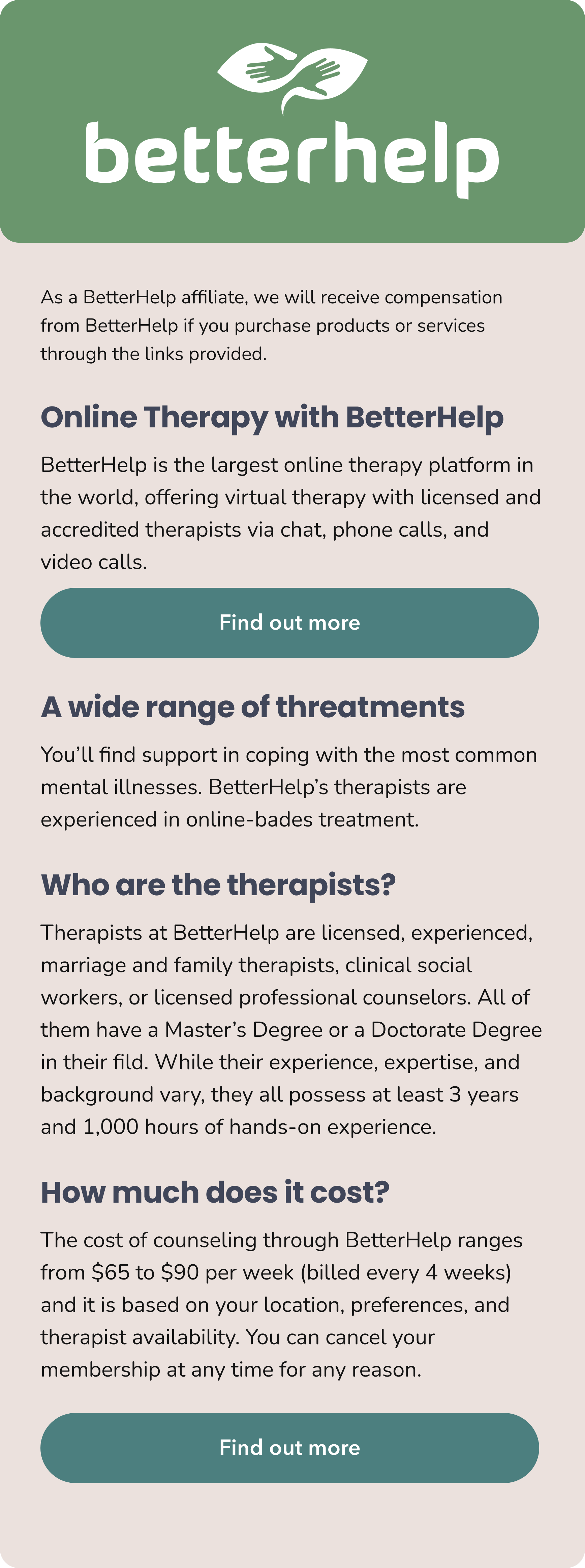Insight
Basic Psychological Needs – What We Need to Feel at Home in the World
Hunger, thirst, a lack of sleep – We all know what it feels like when our physical needs aren’t met. If we deprive our body of its needs, it can have damaging long-term effects – That’s not exactly how it works for the lesser known psychological needs, but there are more similarities than you think.

On a daily basis we are in touch with our physical needs. Uncomfortable sensations such as fatigue or hunger are ways that our body calls us to attend to our needs. Psychological needs direct us similarly – when they are unfulfilled, unpleasant emotions arise. But compared to our physical needs, ignoring them doesn’t carry direct fatal consequences. This becomes a challenge: We end up being less practiced in dealing with solving our psychological needs.
In modern psychology we have differing theories concerning the exact number and types of basic psychological needs. Some propose a certain hierarchy of psychological needs, while others postulate a combination of many different equivalent needs. The highly acclaimed approach of the psychologist Klaus Grawe is particularly well-founded with empirical data. It contains the following four basic psychological needs
1. The need for attachment
Our need for attachment plays a particularly central role in the first few years of our life, where we are reliant on the help of others for our survival. If we have a caregiver, we can count on (like a mother or a father), we will develop a foundation of trust, not only in them, but in other people and relationships in general. Without a reliable contact person in the first few years, the chances of developing an attachment disorder or a psychological disorder, later in life, are higher. Our first experiences with relationships shape us for the rest of our lives.
Even years later, when we become adults and are self-reliant, our need for attachment plays an important role in our well-being. At times, maybe you’ve also struggled with situations, where you felt lonely or missed someone? In these moments, probably your need for attachment is making itself felt.
2. The need for orientation and control
Feeling connected and protected by our contact person, we soon grow curious and develop new desires, including: the ability to shape our own lives independently, to understand and influence our surroundings and make our own decisions.
We violate this need, when we repeatedly experience that the situations around us are unpredictable, or when we start believing that we can’t have any influence on the things happening around us. In our childhood an unmet need can arise when, for example, a lack of fair and coherent rules that could otherwise give us guidance, causes the feeling of unpredictability of all things around us. Similarly, in adult life, events such as the death of a loved one, or the repeated loss of a job can mess with the belief that we do have control over our own life.
3. The need for self-esteem enhancement
Surely, you’ve experienced how great it can feel to reach a personal goal or receive a compliment for something that’s important to you. That’s your need for ‘self-esteem enhancement’ stopping by to say hello. This is a yearning we know since childhood, to perceive ourselves as competent, good, and appreciated by others. This need is fulfilled in different ways: For example, if we grow up in an environment that puts faith in us and recognizes the effort we put into things. At the same time, we know, and people communicate to us, that our failures don’t lessen our value but rather help us grow and learn. We all know how challenging it can be to wholly fulfill this need – to really believe in our self-worth.
4. The need for increasing pleasure and avoiding pain
Alas, procrastination! Avoiding our obligations for hours on end, not going to the gym, studying less than originally planned… All of this seems like laziness, at first glance – when in reality, it’s primarily the very normal expression of a basic human need. All of us, from the moment we are born, strive towards pleasurable experiences, such as eating, relaxing, pursuing hobbies, etc. These things make us happy and content with the world around us.
However, the ability to deal with unpleasurable sensations and responsibilities is a very important milestone of growing up. Enduring these situations, to a certain extent, encourages us to reach our long-term goals. If we want a good grade, we will have to learn to motivate ourselves at some point – and withstand a bearable level of non-positive emotions in the process.
Satisfied needs make a satisfied person
It’s simple, really. If our basic needs are fulfilled, we feel good. We experience positive feelings such as joy, contentment, or pride. Maybe you know the feeling of comfort and joy, when you see an important person again, after a long time? Most likely that’s your need for attachment being fulfilled right in that moment. Equally, you probably also know the satisfaction of travelling, feeling far away, independent and free? There, your need for control is harvesting some well-earned satisfaction.
Your needs can’t be fulfilled 24/7
Of course, we can’t constantly and optimally fulfill our basic needs. In certain situations and life phases, for example, after a move into a new city or a break-up, our basic needs can be temporarily frustrated. Usually, in time, we can create the necessary conditions to get back to normal and attend to all the needs we have. For instance, by finding new friends or reaching out to old friends.
However, these tough phases are essential to enhance personal growth and learning, every once in a while. Additionally, we gain trust, in those moments more than ever, in ourselves and our abilities to handle the challenges that come our way.
Regularly neglected desires tell a different story
The trick is to figure out how much is too much: If basic needs are not met permanently, this is not only accompanied by persistent negative feelings and tension, but also by an increased susceptibility to mental disorders. If our need for attachment is frustrated over a longer period, for example because we have no social contacts, we are more likely to suffer from severe feelings of loneliness. And that can enhance the development of a depressive disorder.
Another challenge emerges when different basic needs contradict each other in the long-run. For example, entering into a new relationship satisfies the need for attachment and, at the same time, violates the need for independent control.
In these cases, it’s important to address and acknowledge our desires and consider how we can reconcile our individual needs.
Why disrespected needs from our childhood weigh heavier
It’s problematic when our basic needs are repeatedly not met in childhood. Maybe we felt we couldn’t rely on anyone or we felt constantly devalued by others. In that case, our needs have remained constantly active and have, at times, controlled our behavior – very similar to the way unsatisfied physical needs such as hunger or thirst, don’t just go away. They even make us less receptive to the moment happening around us.
If our need for self-esteem becomes massively frustrated in childhood, we might focus our behavior excessively on satisfying it, for example by striving for outstanding success.
The past can no longer be changed. But we can still deal with our frustrated needs from early childhood and find healthy, satisfying solutions on how to deal with them today. That’s why this is an important topic in virtually any psychotherapy.
Jack is on a quest to find true love, Jill prefers travelling alone
Although we all have the same needs, the importance of every need varies a lot for the individual. Certain needs are just more important to us than others. Equally, which strategies are best to satisfy these needs depends on our learning experiences and our personality. While one person’s autonomy is sacred, and travelling alone for weeks on end is the best way to charge one’s batteries, the other person favors intimate, stable relationships over “alone time”.
In addition, the significance of individual needs can increase or decrease during certain phases of life. One example for this is the desired detachment from parental care that usually begins with puberty: Here, the need for self-determination is particularly strong, while the need for attachment to the caregivers mother and father temporarily fades into the background. In other words, the need for self-determination converts into the temporary priority.
A first step to fulfillment: Understanding and identifying our needs
More than anything, it’s essential for your well-being to get to know yourself and your needs. To find out what supports you in satisfying them. Your feelings give you an important clue.
Step #1: In which situations do you feel especially satisfied or at peace? Among close friends? When you achieve something important to you? When you snuggle up in bed with a book?
Step #2: Think about what need could be present in these situations.
This goes both ways: If negative feelings occur, you can also ask yourself which need might be ‘thirsty’.
A mood diary couldhelp you trace back the origins of these patterns more easily. The course ‘Why Am I Feeling This Way’ in our MindDoc App can help you find out which needs are most important to you and how to meet them. If you have the impression that your needs are currently at war with each other and you are suffering from that, it may be a good idea to consider professional support.

Myths and Facts: What makes a relationship healthy?
This article delves into what a healthy relationship looks like, debunking some common myths along the way.

Introversion, shyness, social anxiety disorder—what are the differences?
“Everything okay with you? You’re so quiet!” “Why didn’t you go to the party?” “Why don’t you come out of your shell?” Do these phrases sound familiar to you? If so, you may be an introverted person or shy—or both. But what is the difference between introversion and shyness?

Looping Thoughts: Questions and Answers on the Subject of Rumination
Every person has thousands of thoughts running through their head every day. For some, this means getting tangled up in looping and repeating thoughts. In this article, we answer the most important questions about rumination.

Common Concerns to Starting Therapy, Debunked
Psychotherapy—yes, no, maybe . . .? People hesitate to start therapy for a variety of reasons, not the least of which is insecurity and fear. This article takes a look at some of the common thoughts people have that delay or push off therapy indefinitely.



